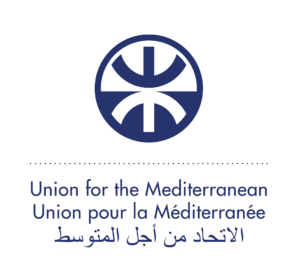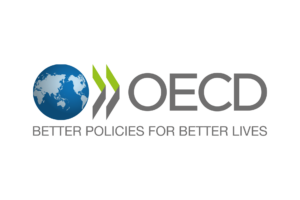The Mediterranean is particularly affected by the environmental, energy and climate crisis, in a region where the climate is warming 20% faster than global trends, both historically and according to climate model projections (MedECC, MAR1, 2020). The acceleration of climate change impacts has exacerbated the already critical situation of the Mediterranean basin, caused by population growth, rapid urbanization, declining biodiversity, changes in land use, as well as economic and social challenges.
The global community’s efforts to address environmental challenges have been hindered by sectorial segmentation, which separates those working on water, climate, biodiversity, land, energy, and other areas. This fragmentation reduces the effectiveness of action, particularly in the Mediterranean region, which faces existential environmental threats.
In response, the UfM, in partnership with the OECD, will host a groundbreaking event in Istanbul from May 14 to 16. This first edition of the UfM Mediterranean Green Week on Energy, Environment and Climate Action aims to bring together governments, businesses, civil society, youth, scientists, and more to break down barriers and work collaboratively on climate, water, environment, soils, forests, biodiversity, seas, energy, and economic transition. It represents the first time such a diverse array of stakeholders will convene to address these issues holistically.
Faced with these cumulative challenges, the theme of the UfM Mediterranean Green Week: “Towards a greener and more resilient Mediterranean“, underlines the urgent need for collective action and a new ambition for regional and local cooperation to move towards a decarbonized, energy-efficient economy, mitigate and adapt to the effects of climate change, and safeguard the unique ecological diversity of the Mediterranean region.
The specific objectives of the Mediterranean Green Week include:
- Promoting a whole-of-society approach by engaging local authorities and communities, supporting the engagement of young people, women and vulnerable groups in contributing to the region’s development, and ensuring that national policies align with local needs.
- Informing policy and decision-making processes and building partnerships at national, regional and international levels by providing science- and evidence-based information, recommendations and solutions to climate and environmental challenges.
- Raising awareness among citizens, businesses, and communities about the importance of sustainable development, climate action, and environmental conservation; sharing best practices and showcasing successful initiatives and innovative technologies.







